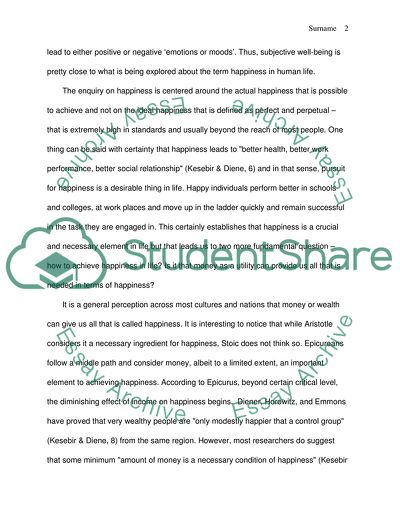Cite this document
(The Complexity of Defining Money and Happiness Essay Example | Topics and Well Written Essays - 1250 words, n.d.)
The Complexity of Defining Money and Happiness Essay Example | Topics and Well Written Essays - 1250 words. https://studentshare.org/philosophy/1828183-money-and-happiness
The Complexity of Defining Money and Happiness Essay Example | Topics and Well Written Essays - 1250 words. https://studentshare.org/philosophy/1828183-money-and-happiness
(The Complexity of Defining Money and Happiness Essay Example | Topics and Well Written Essays - 1250 Words)
The Complexity of Defining Money and Happiness Essay Example | Topics and Well Written Essays - 1250 Words. https://studentshare.org/philosophy/1828183-money-and-happiness.
The Complexity of Defining Money and Happiness Essay Example | Topics and Well Written Essays - 1250 Words. https://studentshare.org/philosophy/1828183-money-and-happiness.
“The Complexity of Defining Money and Happiness Essay Example | Topics and Well Written Essays - 1250 Words”. https://studentshare.org/philosophy/1828183-money-and-happiness.


